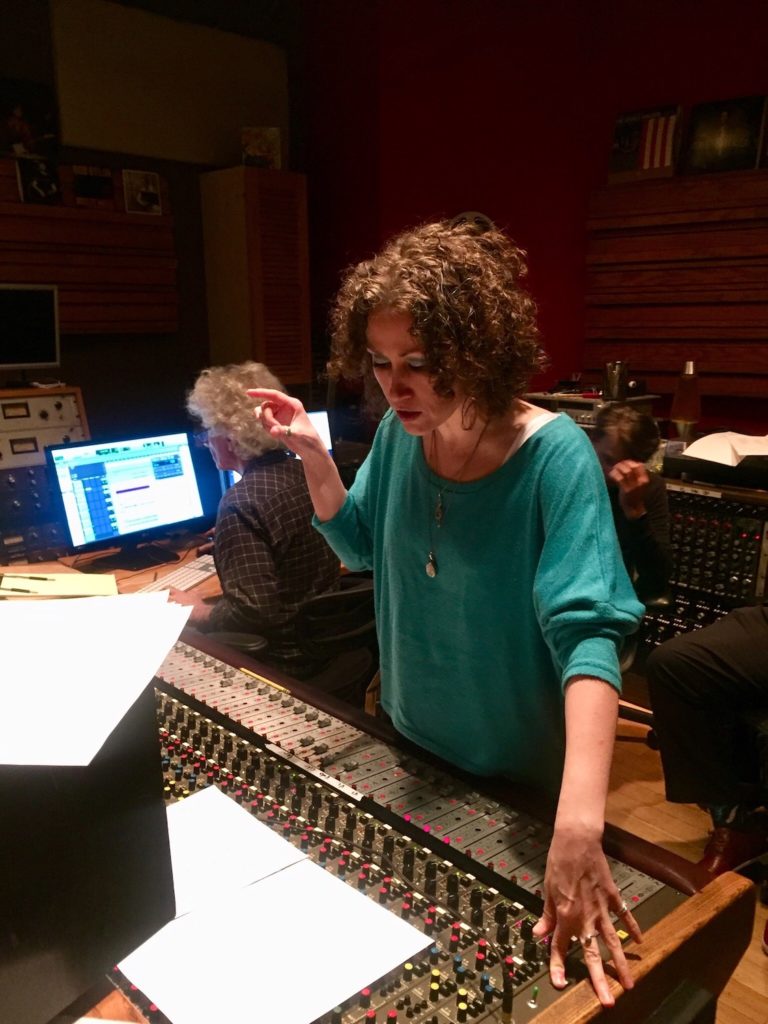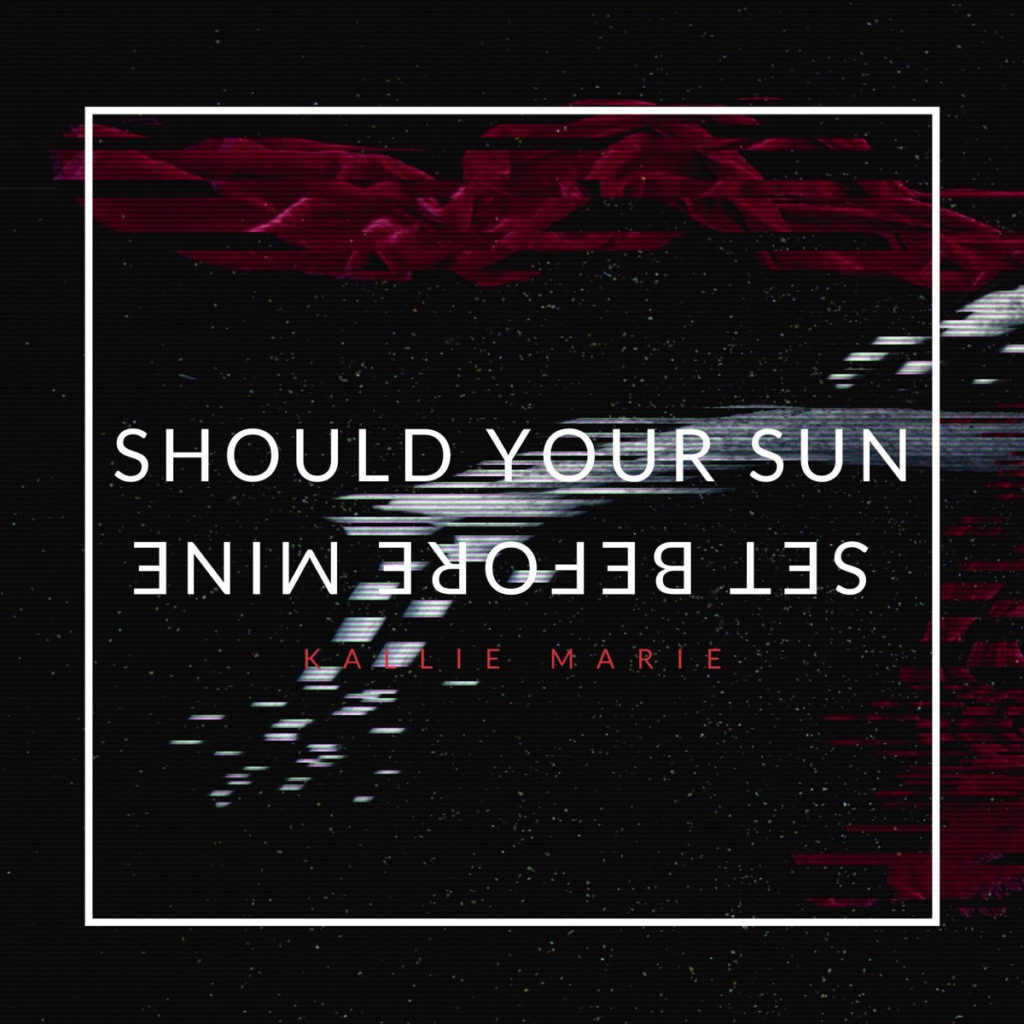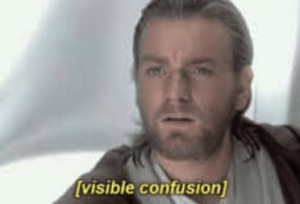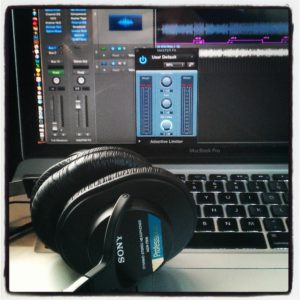Kallie Marie is a multitalented producer, engineer, and composer who has worked with the likes of Jeff Derringer, Makes My Blood Dance, and Mary and The Ram. She has composed music for TV and video games as well as for her own music project Explosives for Her Majesty. She is also a freelance writer for Sonic Scoop. I caught up with Kallie recently during Women’s History Month as she finished wrapping up and releasing her haunting new EP Should Your Sun Set Before Mine, out now on Bandcamp.

Kallie Marie @ Shelter Island Sound, NYC Oct 2019
Mojo: You’re kind of a Renaissance woman – a producer, engineer, composer, musician, writer, and probably some other things I don’t even know about! I’m curious – do you identify with any of these titles in particular?
KM: Thank you! Sure, I would say that I most identify as a Producer and Recording Engineer, as that’s where the bulk of my focus has been over the years. It is primarily the hat I wear when I interact with any music, or a band or artist. It’s where my brain always sits, listening keenly and analyzing from lots of angles, and being keenly interested in more scientific and technological aspects of recording and acoustics. I used to struggle with the term composer, since I don’t read music particularly well, and I didn’t grow up classically trained on an instrument. There’s plenty of people in the industry now though who don’t fit that mold, and thankfully have broken it a bit, so I am more at ease with it now.
I’d say musician is the one I identify with least, strangely because I am not really that great at playing instruments, although I play a few! Similarly to the moniker “composer” I am becoming more at ease with it over time. Writing is something I’ve fallen into recently, but have always been decent at, but hadn’t until recently thought of myself as such. I guess I have taken writing and speaking skills for granted, since they seem like a skill I assume almost everyone will have, but perhaps that’s not the case for everyone. I was a writing tutor for a while and helped college students with their term papers in a variety of subjects. I’ve always been a verbose creature.
How is the field of composing now and has it changed over the last year or so with more people staying home and looking for new income streams?
I honestly couldn’t tell you. I don’t have a sense of how things are because the isolation of the pandemic means I am not out and about interacting with other creatives to find out if there are more or less projects to write music for. I could guess it might be more competitive judging on things that I see online, as lots of people are wanting to get into what they assume to be an income stream by writing music. The fact is, it takes years and years to build up catalogs for placement, your studio arsenal, your session players, your contacts, just so many, many things. You can’t just pivot, although I suppose people who are insanely gifted on an instrument might do quite well playing on people’s stuff, if they can learn to record themselves well, rather quickly… this is all conjecture though. I honestly couldn’t say.
Are you actively working on material with your group Explosives For Her Majesty?
I had high hopes at the start of 2020 for really kicking that project back into gear. The pandemic changed so much, so fast, and while I have a few demos in the works, I am unsure how to proceed right now. I need a collaborator to work with, and I need a bit more of a stable base to dive deep into finishing writing what I started. If anyone is interested in working on this project, please do get in touch!
How has Patreon been for you in terms of community engagement and helping support your process?
Patreon has been wonderful. It has literally saved me during the pandemic, and I am incredibly grateful for the support that I have there. I feel that the community there holds me accountable to goals, to milestones, and to keep pressing on even on the days it seems hard to. I would like there to be more engagement there, and I try my best to foster it with them.
I would like to see Patreon as a platform grow a bit and make their tools more robust. It’s hard some days because I feel like my hands are tied in terms of the creator tools that they have on the site. I would like streaming to be easier and more integrated, I would love to see some better features to give my supporters more, and make things more exciting for them. I am always asking them what I can do better, different, or more of.
I understand you have a book in the works, can you tell me a little about that?
Yes, the book is the culmination of research that I undertook back in 2016. I had started out interviewing 11 Women with 10 years or more experience as audio engineers and producers in music. I wanted to talk to the top women in the field at the time, that I had access to about their experiences in working in this field, but also their opinions about what kinds of challenges we should focus on going forward, and what they thought would be possible solutions.
Initially, I had a chapter summarizing this research published in another book, called ‘Producing Music’, published by Routledge Taylor Francis. So that kind of gives a few sneak peeks into my findings. This next book, now with a different publisher, will finally showcase the interviews in their entirety with these 11 women. Additionally, I am hoping to include some background information into the methodology of my work, with each area of questioning to essentially show the academic grounding for a lot of this work. I am hopeful that it is something I can get released quickly as the conversation is already changing so much from where we were in 2016-17 when the interviews were conducted. I am also hopeful that reading these interviews will help a lot of people understand some of the finer nuances and open up a lot of important conversations to help get us to the next milestone in the modern recording industry.
It’s currently Women’s History Month and I know you’re a big advocate for female artists and producers, can you tell me a little bit about the organizations you’re involved or aligned with?
Sure, I have long been a WAMMY (Women’s Audio Mission Member). I love the work that Terri has pioneered there and its so groundbreaking and really gets so many things right. I am also a fan of Ebonie Smith’s organization, Gender Amplified. I did some work with them a while back at their Gender Amplfied festival hosted at Barnard, in NYC. It was a fantastic event. Gender Amplified are great at creating content that showcases a variety of up and coming talent in music production and audio engineering. I’m also a Library Composer at MPath, and proudly so. They’re the first music library to achieve gender parity on their roster of composers. What Mirette and her team are doing there is really powerful. She’s such a dynamo, and she really gets it. I feel very lucky and supported to be working with them.
Lastly, I’ve recently been spending some time diving deep into the community at Resonate Co-Op and they are a very wonderful community advocating for artists’ fair payment, as well as data dignity. There are a lot of brilliant people working together there, and it’s an open cooperative, so I highly encourage people to get involved if they care about the future of streaming, and above all the future of music. If there are other organizations out there that would like to work with me, all the need to do is get in touch.
Tell me a little more about your role and work as a producer and engineer.
Sure, well first off it is both a role and work that I love. I don’t think I could extricate that from myself if I tried. These days it’s a challenging role to define, as the term has really come to mean so many things to so many people. I consider myself a producer in the traditional sense of the word, and recently I’ve been reminded that this word means something very different to people outside of the music industry, so perhaps I should start there. In a traditional record producer sense, I work with bands and artists from preproduction to post-production. I have a hand-held approach, and one that is a soup to nuts style. I want to make whatever artist I work with feel that their creative vision will be realized.
I try to start with the artist or band during their preproduction stage, and learn what their influences are, see them play live, and get a sense of the record they want to make. I will take their demos, if they have them and give them extensive notes both on their arrangements, but also on production ideas that I might have for them-directions we can take things, if they want that kind of input. That might be something like suggesting an arrangement for a song they hadn’t thought of, or adding additional instruments, or it may be very production based, like what kind of room sound or drum sound might be appropriate for the style that they are doing, or want to portray. I may also recommend session players or help them complete their live lineup if they are still in the formative stages. I like to attend rehearsals sparingly, but at key stages before recording to make sure that everything is exactly how it needs to be before going into the studio, so that we have efficient and productive sessions.
I hear you’re producing a new artist, can you tell me about her?
This is perhaps been one of the best things to come out of the pandemic for me personally; finding a new collaborator and fast friend in Julia Pierce. She’s an artist, songwriter, and performer, and works under the name PYRCE Music. She’s the real deal, and I can honestly say I expect great things from her in the near future. She’s one hell of a guitarist and musician. She sings, she writes, she DJs… And I am over the moon about the track that we are cooking up right now. I have had this track knocking about for a long time. We met back in 2018 when she was performing in a show called Luxe Obscura, at the Sayer’s Club in LA. We hit it off instantly. During the pandemic we got back in touch and I was like, ‘do you wanna do a track just to see what happens?’ She admitted that she’d never had the chance to work with a woman as a producer/engineer, and so we dove in with the track. It’s been tricky to get it done during the pandemic, but we are really excited about it, and I really can’t wait until this track gets out there in the world.
That’s very exciting! How do you choose your projects and how should people would get in touch with you if they want to work with you?
I work with whomever wants to work with me, and work hard. I’m very approachable. I am willing to consider a wide range of projects. The best way to get in contact with me is via my website www.kalliemarie.com via the ‘contact me’ page, from there you can drop me a line about your project.
Thanks so much Kallie!
Find Kallie Marie on the internet:
https://kalliemarie.com
https://twitter.com/DoomGolly
https://www.patreon.com/kalliemarie
Find her latest EP here:
https://kalliemarie.bandcamp.com/album/should-your-sun-set-before-mine
And find our Indie Music Podcast episode with Kallie here:
http://indiemusiccast.com/2020/04/06/19-interview-kallie-marie/



 The more conversations I have about audio, the more I see ways that seemingly simple things can be confusing, like how the overused word “track” means wildly different things in different contexts.
The more conversations I have about audio, the more I see ways that seemingly simple things can be confusing, like how the overused word “track” means wildly different things in different contexts. It seemed like a good idea. Why not add a challenge on top of a challenge, I thought?
It seemed like a good idea. Why not add a challenge on top of a challenge, I thought?